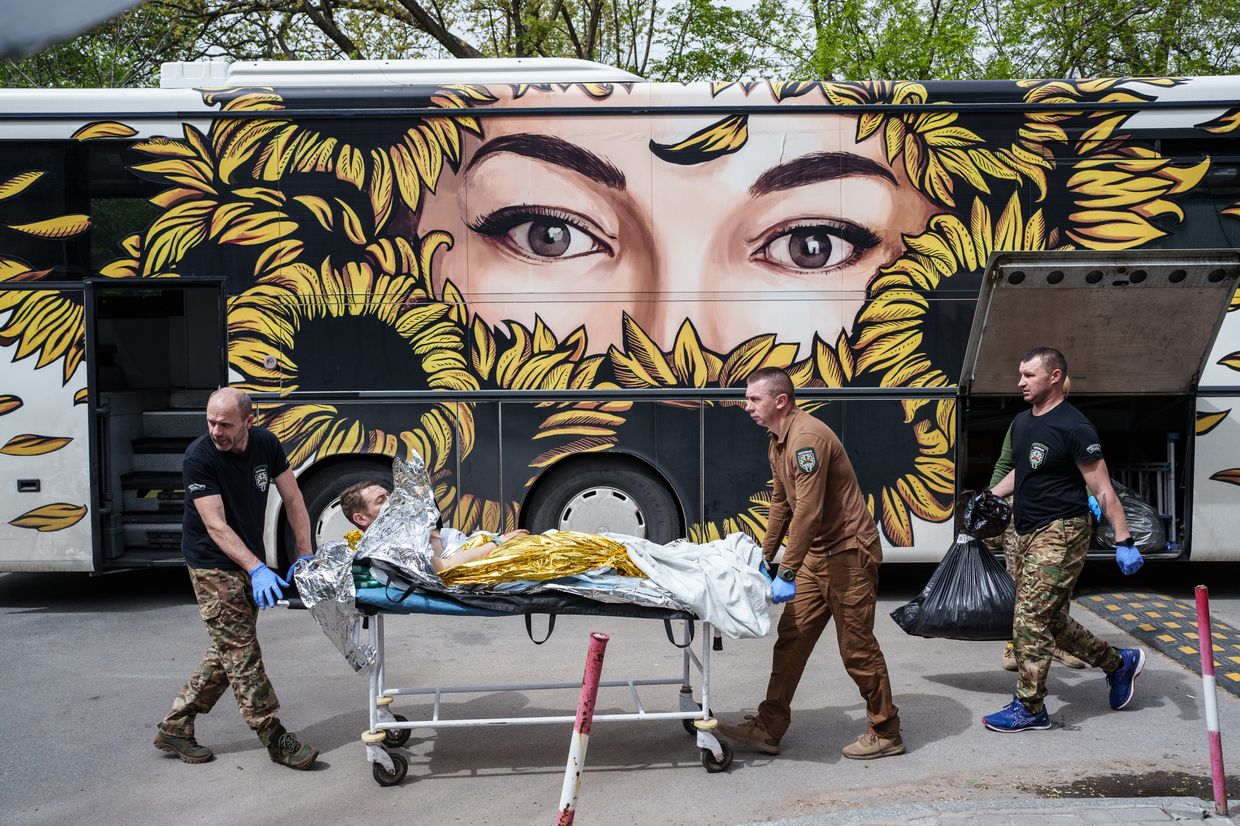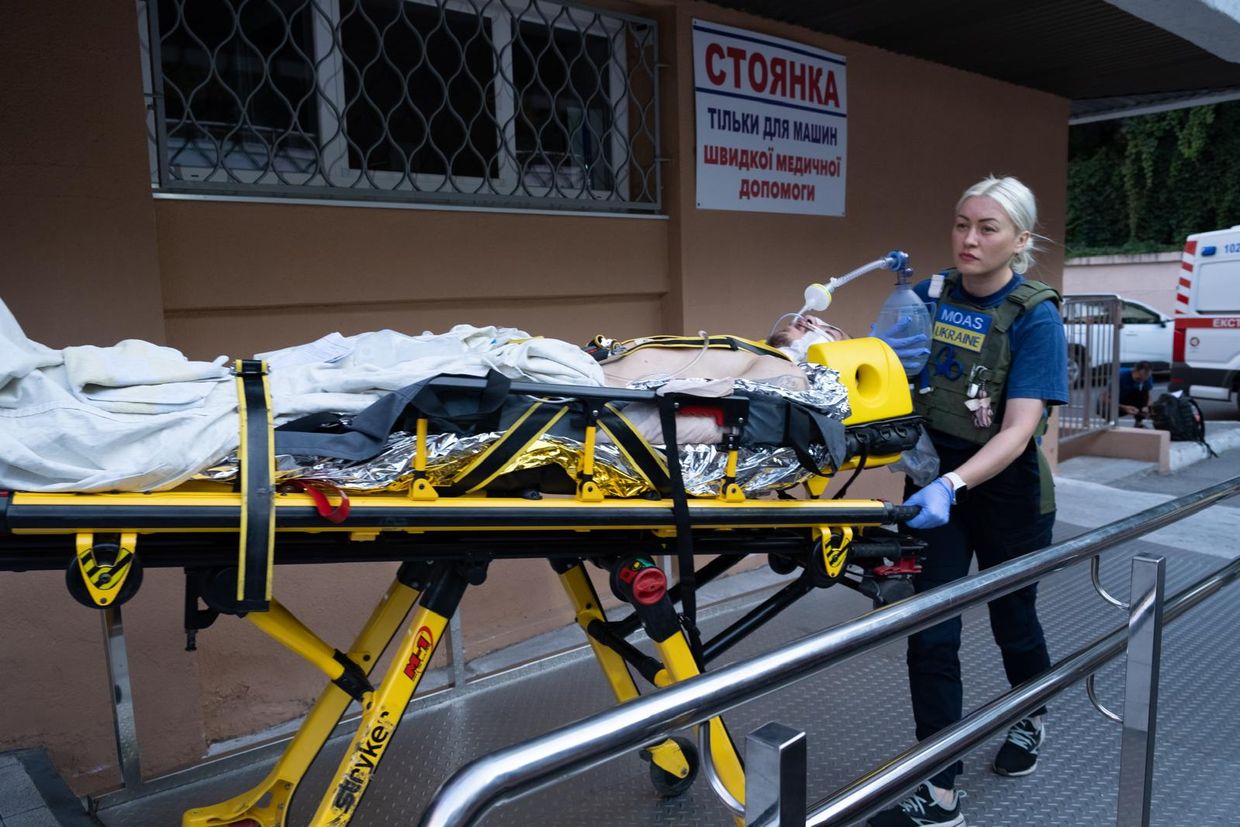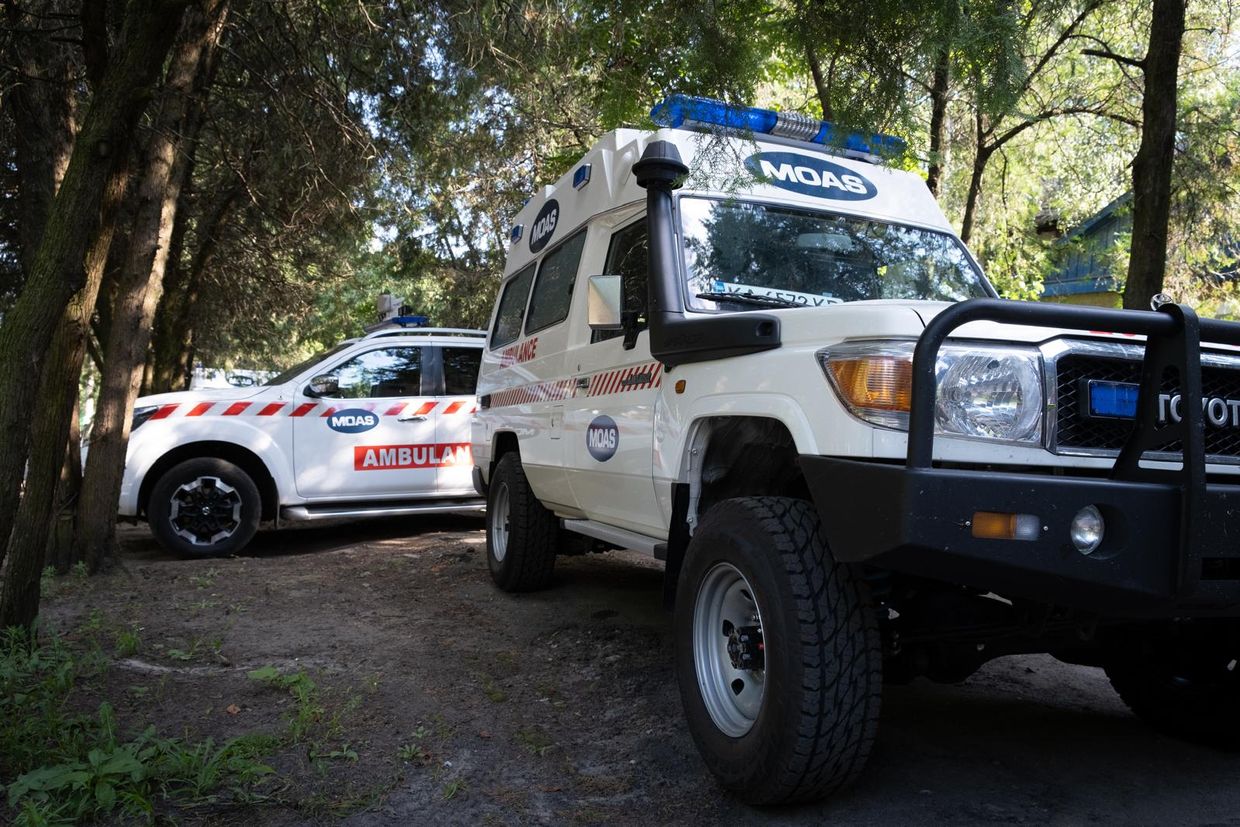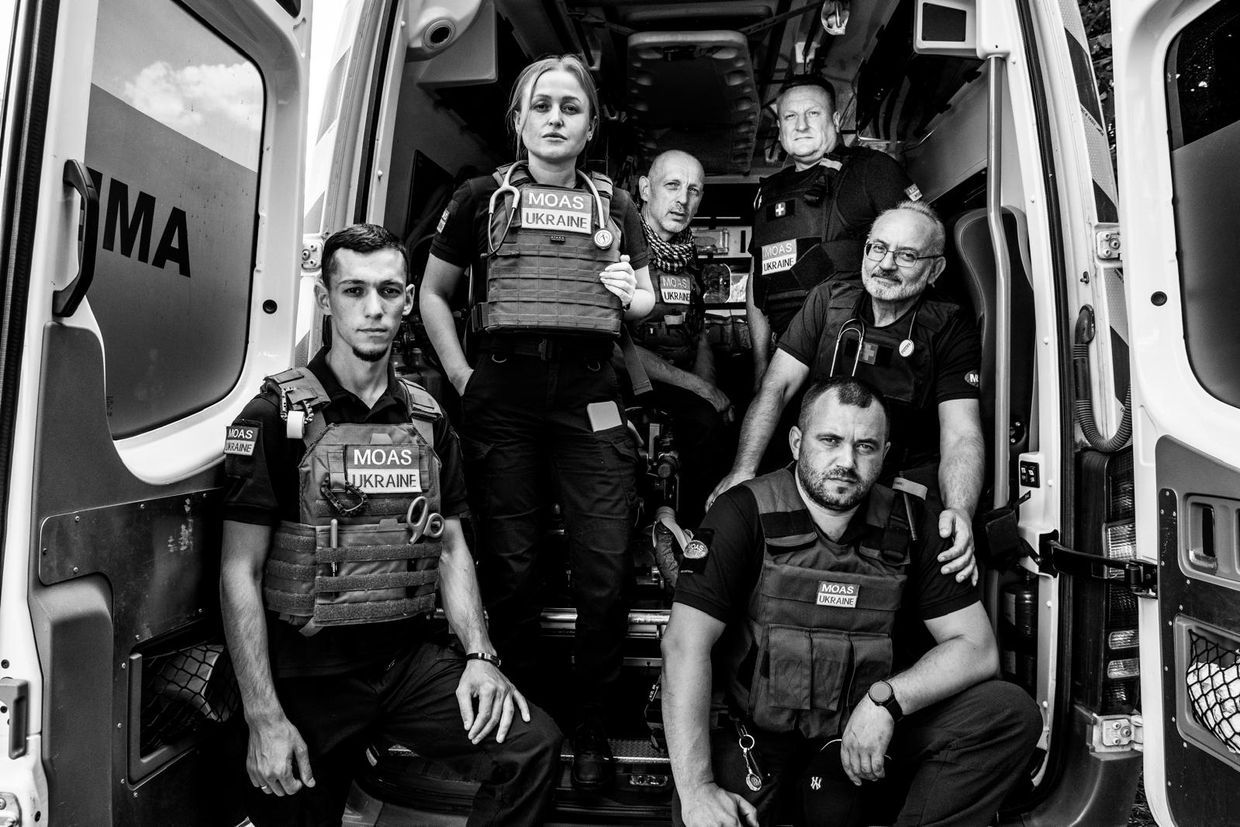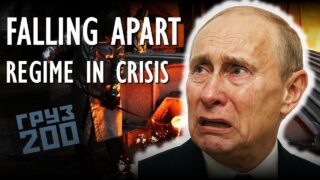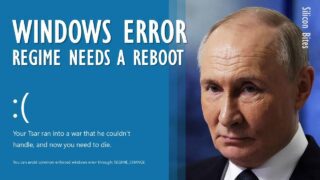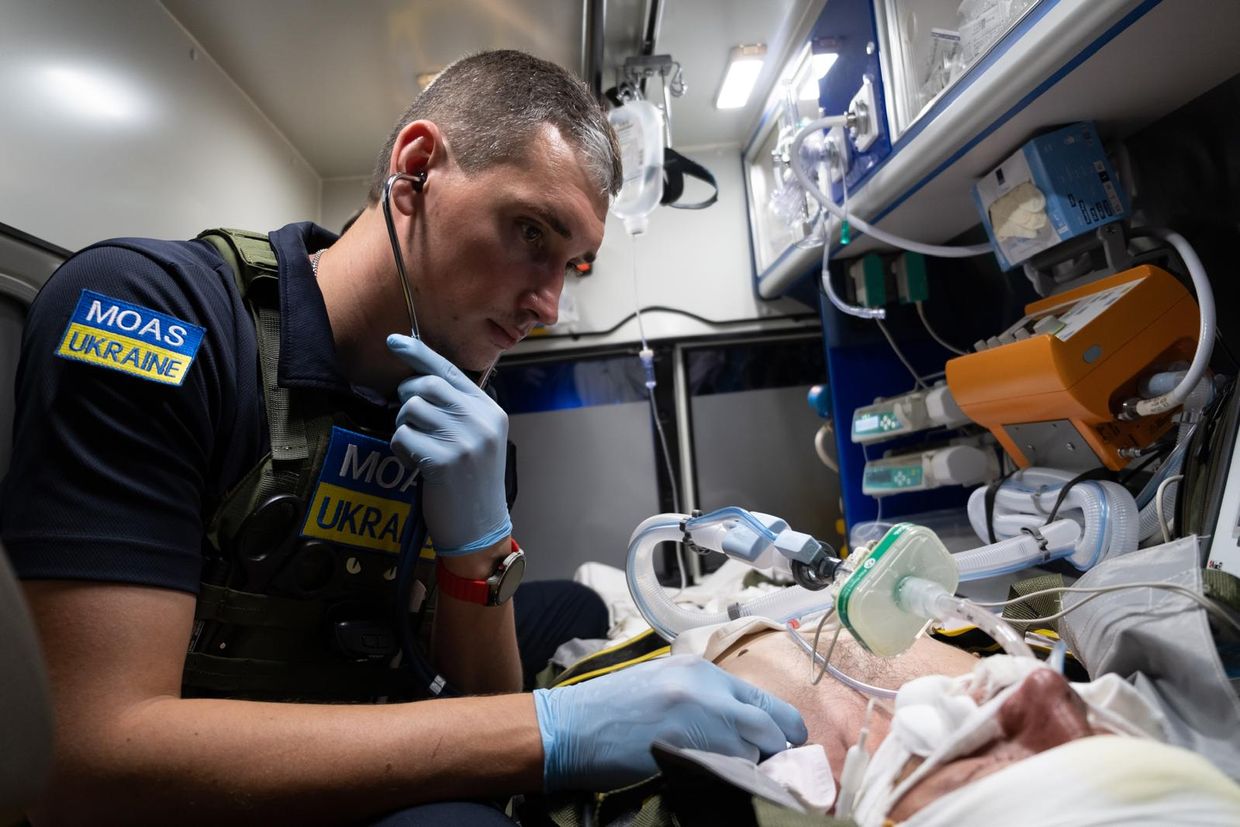
NGO warns that lack of funding threatens critical medical evacuation work in Ukraine
The international humanitarian organization MOAS's front-line medical evacuation operation is "on the verge of extinction" due to a lack of funding, the group said on Nov. 27, appealing to the international community to support their work.
MOAS's team of all-Ukrainian medics has been evacuating and keeping alive critically injured troops during the three years of the full-scale war, with the group saying their work has saved 62,000 lives.
"Now, with funding virtually exhausted, one of Ukraine's most remarkable lifesaving operations is on the verge of extinction," their press release read. The group said that without funding, it can sustain its operations only until the end of 2024.
"MOAS is keeping soldiers alive day in, day out. It's an expensive and challenging business, and we simply can't continue into 2025 without additional funding," Christopher Catrambone, MOAS's founder who has been based in Kyiv since the outbreak of the full-scale war, told the Kyiv Independent.
MOAS is now in talks with donors in North America and Europe, as well as the U.K. government, to be able to continue its work next year.
"The facts are simple. If we have to stop our operation, huge numbers of Ukrainian soldiers will die. In the words of a Ukrainian general, it will be a complete catastrophe," Catrambone said separately in the press release.
"They’re overstretched and cannot do what we do. Nor can any other NGO in Ukraine. That’s why today, we are launching this urgent appeal for support. It’s our last throw of the dice, it’s do or die."
According to MOAS, the monthly cost of a 150-strong medical team with 50 "state of the art ambulances" costs $1 million, comparable to the price tag of a Storm Shadow missile.
"We're incredibly grateful to all the donors who have made our lifesaving operation possible," Catrambone told the Kyiv Independent, explaining that MOAS's donors include wealthy philanthropists, tech billionaires, foundations, and smaller donors.
The founder said he was unsure why the funding was drying up, suggesting that some had found other causes to support or simply lost interest in the war in Ukraine.
"But what I'm focused on is getting donors now so we can continue saving lives at the medical frontline in Ukraine," he stressed.
